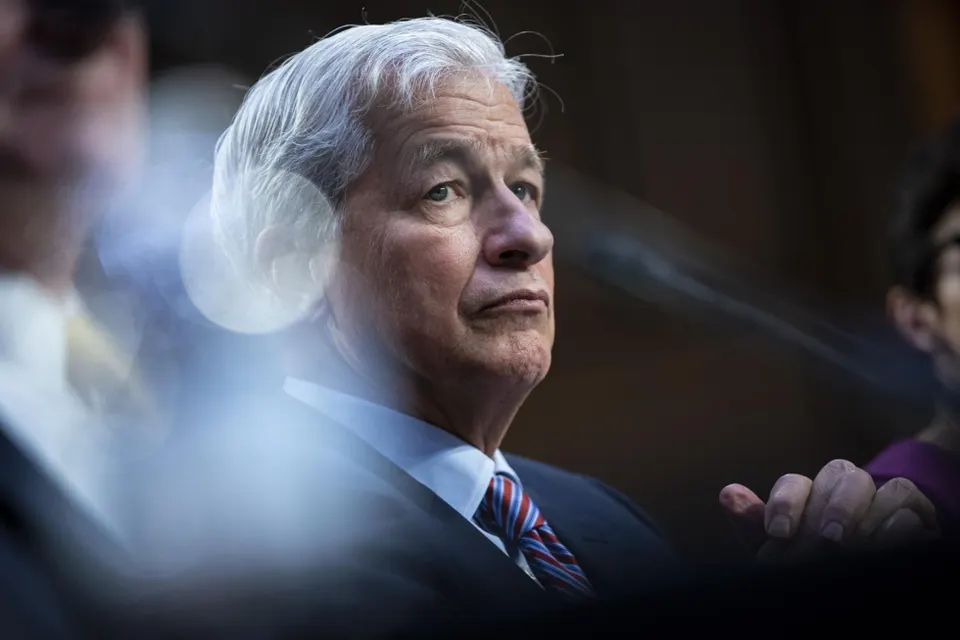JP Morgan CEO Jamie Dimon’s recent comments regarding the reaction of private equity giants to tougher bank rules have caused quite a stir in the financial industry. Dimon’s warning suggests that these regulatory changes are being celebrated by private equity firms. In this article, we will delve into the details of the situation, exploring the implications of the new rules and why private equity giants might be dancing in the streets.
Understanding the New Bank Rules:
The introduction of tougher bank regulations has been a hot topic in recent years. Regulators are keen on preventing another financial crisis by implementing stricter rules to safeguard the stability of the banking sector. These regulations aim to address issues such as excessive risk-taking, lack of transparency, and potential conflicts of interest.
Dimon’s Perspective on Private Equity Giants:
Jamie Dimon, known for his strong views on the financial industry, recently expressed his concern that private equity giants are celebrating the implementation of these new rules. While the intentions behind the regulations are noble, their unintended consequences may create opportunities for private equity firms to fill the gaps left by traditional banks.
Exploring Private Equity’s Response:
Private equity firms typically invest in companies that are not publicly traded. They raise funds from institutional investors, high-net-worth individuals, and other sources, and use these funds to acquire companies or provide capital for growth. With stricter bank regulations, traditional banks may find it more challenging to lend to certain industries or engage in riskier investments. This could create a significant opportunity for private equity firms to step in and provide alternative financing options.
Why Private Equity Giants Are Celebrating:
Private equity giants are known for their ability to take advantage of market opportunities. The new bank rules might allow them to expand their reach and influence further. With traditional banks facing increased scrutiny and regulatory constraints, private equity firms could potentially gain a competitive edge. They can seize opportunities to invest in sectors that banks are now more hesitant to enter, making them the primary beneficiaries of these stricter regulations.
Potential Implications:
While private equity firms might be celebrating these changes, there are potential implications to consider. Critics argue that increased reliance on private equity could lead to a concentration of power and potential conflicts of interest. Moreover, private equity investments often come with higher levels of risk, which could pose challenges for investors and the broader financial system if not managed effectively.
Conclusion:
Jamie Dimon’s warning about private equity giants “dancing in the streets” over tougher bank rules highlights the potential consequences of regulatory changes in the financial industry. While stricter regulations aim to improve stability, unintended consequences may create opportunities for private equity firms to thrive. It is crucial to monitor how these new rules impact the balance between traditional banks and private equity and ensure that the long-term implications are carefully managed to maintain a healthy and resilient financial system.












